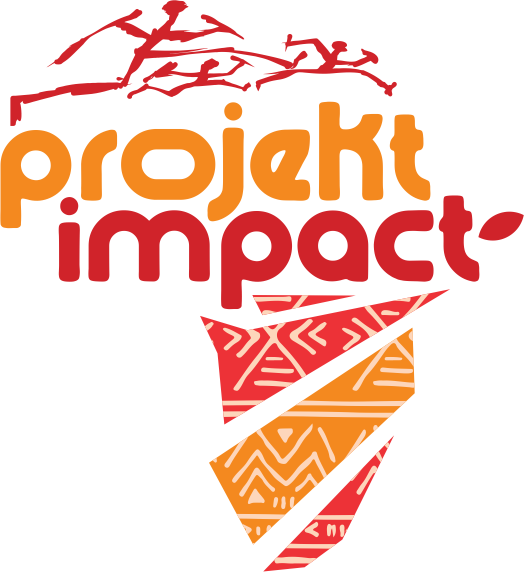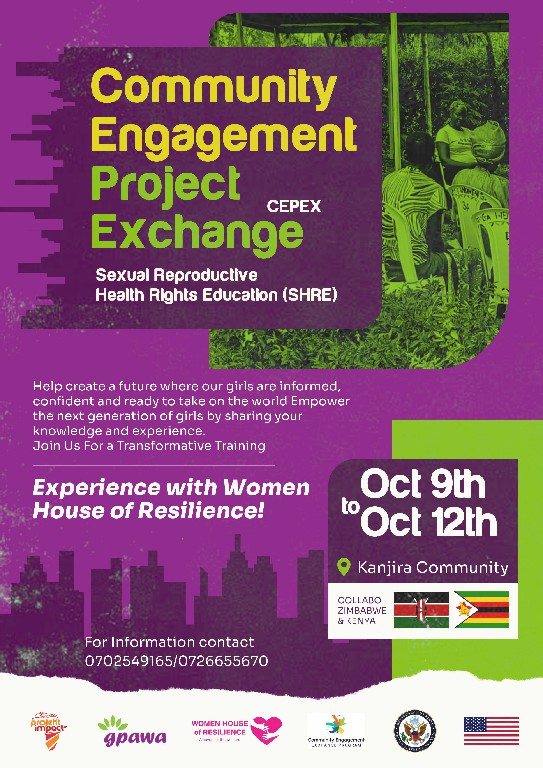
what we love to do
Projekt Impact’s goals are to empower youth through creative expression, amplify marginalised voices, and foster social change. We aim to provide young people with the skills, platforms, and opportunities to advocate for justice, promote inclusivity, and address critical social issues.
- Home
- Our Services
Our Unique Approach
At Projekt Impact, we believe in the power of storytelling and artistic expression to foster understanding and advocate for social change. Our unique approach combines film screenings, facilitated discussions, live performances, and a commitment to embracing diversity.
Film Screenings
We begin with film screenings that serve as a catalyst for deeper discussions on important social issues. These films provide a foundation for reflection, sparking meaningful conversations among participants.
Facilitated Discussions
After each screening, a skilled facilitator guides discussions where participants share thoughts and personal experiences related to the film. This space fosters community and encourages using documentaries as tools for awareness and advocacy.
Live Performances
We engage participants in live performance workshops, where they co-create theater plays centered around shared experiences. Through storytelling, writing, and acting exercises, participants celebrate their differences and work together in a safe and collaborative environment.

Embracing Differences
Projekt Impact embraces diversity, believing it enriches conversations and strengthens communities. We create safe spaces for individuals to share their stories and contribute to a collective narrative.
Multi-Platform Distribution
Our multi-platform approach ensures that our message reaches a broader audience through community screenings, television, and online platforms. This method sparks important conversations across various formats and extends our impact.
Artistic Expression
Projekt Impact supports all forms of artistic expression to give voice to marginalized communities. Our initiatives promote social justice, human rights, and facilitate local and global conversations on pressing social issues.


Sex, rights & survival
This documentary goes beyond the statistics on teenage pregnancy, HIV, and STIs to uncover the lived experiences, perspectives, and resilience of young girls navigating these challenges in diverse Zimbabwean communities. Set against Zimbabwe’s cultural and policy constraints on access to sexual and reproductive health and rights (SRHR) information and services, the film takes us into Ngozi Mine—a place emblematic of environmental degradation and poverty, where issues like child marriage, gender-based violence, and limited healthcare access are starkly apparent.
Through personal stories, the film highlights the urgent need for comprehensive reproductive healthcare, accurate information, and empowered decision-making for all young people. It urges advocacy for policy reforms that address SRHR issues, advance gender equality, and improve access to sexual and reproductive health services in marginalized communities. This film underscores the importance of comprehensive reproductive health education, family planning, and contraception, as well as the empowerment of women and girls through education, economic opportunities, and the dismantling of harmful gender norms.


Fish for Sex: A community fights back
This documentary, titled “Fish for Sex: A Community Fights Back”, travels to a village on Lake Malawi in Africa. The film explores a disturbing practice where women are forced to trade sex for fish. This is harmful and unfair, and the documentary follows a group called the Beach Village Committees (BVCs) that is working to stop it. The BVCs teach people about protecting the environment, health, and their rights. They include young people and women, and they’ve had some success in reducing risky behavior and improving fish populations. The documentary shows the challenges the community faces, but also the hope that things can get better. It ends with a call to action to support groups working for a better future in Africa.


CEPEX on SHRE
The Community Engagement Project Exchange (CEPEX) focuses on Sexual Reproductive Health Rights Education (SHRE) to empower young girls with vital knowledge and support. This initiative is a collaboration between Zimbabwe and Kenya and is hosted in collaboration organizations like Women House of Resilience and Gpawa, with support from local and international partners. The project aims to build a future where girls are informed, confident, and prepared to face the world. Participants will engage in transformative training sessions, sharing insights and experiences to create a stronger, more resilient community. This project highlights the importance of cross-border collaboration in advancing the health, rights, and empowerment of young women.